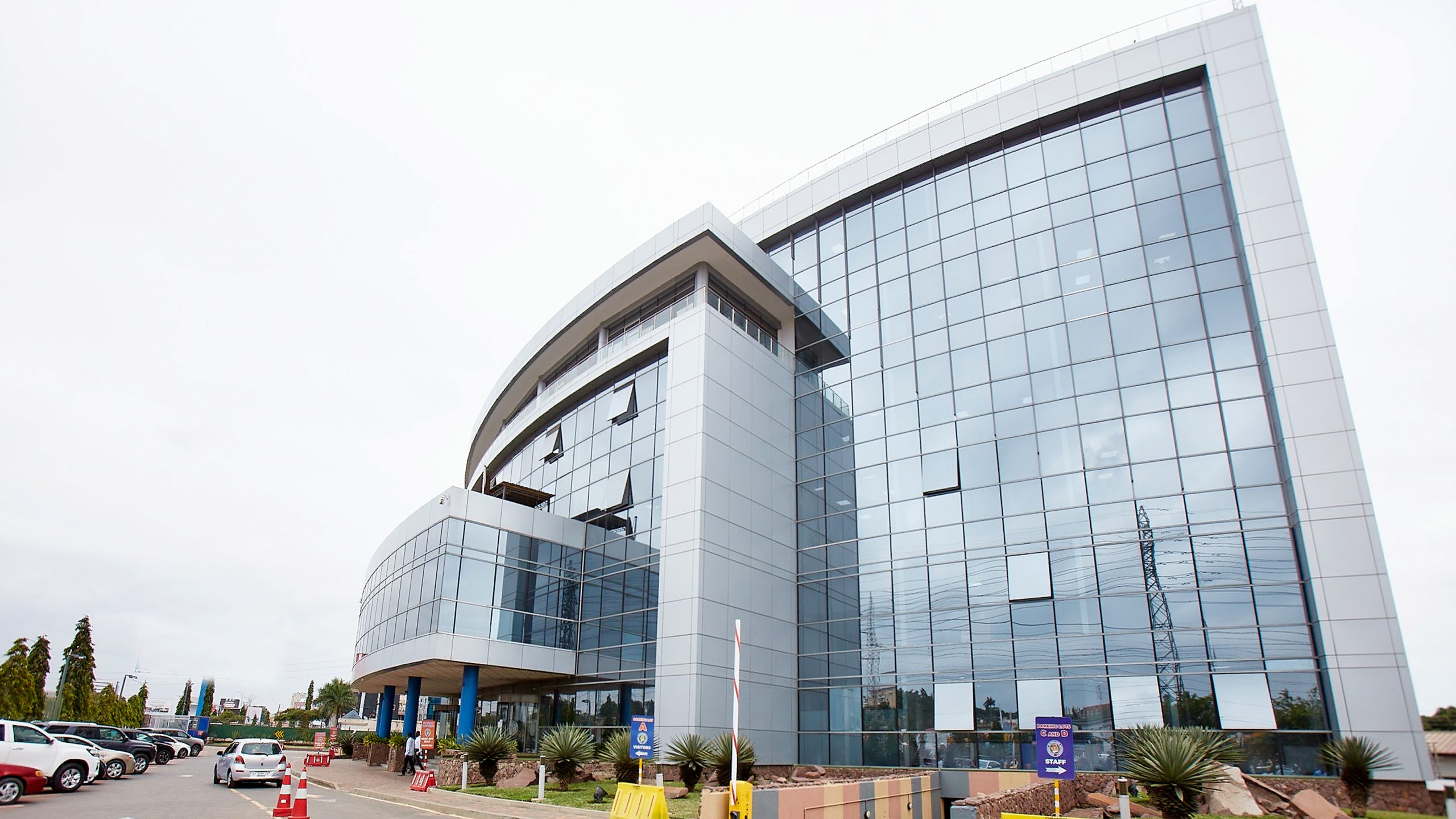GH₵280 Million Corruption Scandal Rocks NPA—Special Prosecutor to File Charges Against Officials

The Office of the Special Prosecutor (OSP) has uncovered a massive GH₵280 million corruption scandal at the National Petroleum Authority (NPA), implicating senior officials in a scheme of regulatory extortion and financial misconduct. The revelations have sent shockwaves through Ghana’s petroleum industry, raising concerns about accountability, transparency, and ethical governance.
At a press briefing on June 2, 2025, Special Prosecutor Kissi Agyebeng detailed the findings of an investigation launched in November 2024, exposing a web of financial improprieties that spanned multiple years. According to the OSP, the scandal involved high-ranking NPA executives who exploited their positions to pressure oil marketing companies (OMCs) and stakeholders in the petroleum downstream sector for illicit payments, kickbacks, and bribes.
Modus Operandi: How the Corrupt Scheme Worked
Investigations reveal that officials systematically leveraged regulatory threats, arbitrary sanctions, and coercion to extract money from OMCs. The corrupt network utilized undue pressure under the guise of compliance enforcement, leading businesses to pay excessive sums to avoid unjustified penalties, license revocations, or operational disruptions.
The funds amassed through these schemes totaling GH₵280,516,127.19 were traced to personal bank accounts, real estate acquisitions, and business investments controlled by the implicated individuals. Some officials allegedly created and operated their own clandestine oil marketing firms, profiting from insider regulatory knowledge while competing unfairly with legitimate businesses.
Further forensic audits conducted by the OSP uncovered luxurious properties, including high-end apartments, fuel haulage trucks, and offshore investments—all suspected to be financed with funds siphoned from illicit dealings.
Legal Action and Prosecution
The Special Prosecutor has confirmed that criminal charges will be filed by the end of June 2025 against implicated officials and executives involved in the scandal. Charges will range from bribery and financial fraud to abuse of regulatory authority and organized corruption.
Once court proceedings begin, the OSP intends to publicly disclose the identities of individuals facing prosecution, alongside assets frozen or recovered as part of the process. The prosecutor reaffirmed Ghana’s commitment to strengthening anti-corruption measures and urged stakeholders to support institutional reforms preventing future occurrences of similar scandals.
Public Reactions and Industry Implications
The exposure of such systemic corruption within a critical regulatory body has fueled debates on government oversight and corporate ethics. Analysts argue that stronger enforcement mechanisms are needed to ensure accountability in Ghana’s petroleum sector, while civil society groups demand more stringent monitoring of regulatory entities.
This case underscores the urgent need for institutional integrity, reinforcing the role of Ghana’s Special Prosecutor in combating corruption and restoring public trust.



0 Comments
No comments yet, be the first to comment